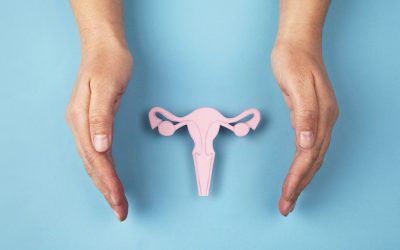Although natural disasters often occur with little warning, they can pose major consequences to your health. Fortunately, there are measures you can take to minimize potential disaster-related health risks and maximize post-disaster recovery. The following tips can help preserve your health as much as possible before and after a natural disaster strikes.
Health Issues at Stake
Natural disasters disrupt the environment, which can cause a wide variety of illnesses and injuries that might not otherwise happen. Some of the most common of these are diarrheal diseases, infections, animal bites, drowning, electrical shock and trench foot. Trench foot is a condition caused by immersing feet in water for too long, leading to blisters, fungal infections and necrosis.
Preparation is Key
Disaster safety and health preservation begins with good preparation. When getting your family ready for an emergency, your top priority should be survival. Since water is essential to life and frequently contaminated during disasters, stock up on clean drinking water for hydration and hygiene. Experts recommend creating and storing an emergency water supply of at least one gallon per person, per day. For a family of four preparing for three days without access to clean water, that means you’ll need about 12 gallons of drinking water on hand. Certain people – like children and babies, breastfeeding women, the elderly and injured people – will need more water. Focus on the average instead of getting caught up in the details. Chances are that you’ll be able to find fresh water after a few days.
Next, you will need an emergency supply of food and medicines. Although there are companies that sell barrels of nonperishable disaster readiness foods, an emergency food supply can be as simple as having enough canned foods on hand for three to five days as well as baby formula, if needed. Prescription drugs and medications are frequently overlooked elements of disaster preparation. If possible, fill an extra weekly pill case for every member of the family who needs medicine.
Optimizing Recovery
Even if you haven’t been evacuated during a disaster, there are several precautions you should take to optimize your recovery. While you may have used your emergency water supply during a disaster, eventually you will be able to drink tap water again. Listen for public health announcements that will tell you when you can use water for bathing or cooking. Such announcements also have instructions for making the water safe.
Food and Water Safety
If you’re advised to boil the water, make sure it is at a rolling boil for a full minute to kill any lingering bacteria. If you’re unable to boil the water, adding 1/8 teaspoon of unscented liquid bleach to one gallon of water and allowing it to stand for 30 minutes will also kill bacteria.
After a disaster, you also need to determine which foods to throw away. If your refrigerator has been through a flood, the whole unit and everything in it must be discarded. If you have lost power for more than four hours, you should throw away all perishable foods, including and especially eggs, poultry, meat, fish and dairy products. You should also throw away any frozen foods that have thawed and become warmer than 40° Fahrenheit. Frozen foods that have thawed and are colder than 40°F can be cooked immediately or refrigerated for later use.
Cleaning Your Space
Cleaning your home is also critically important. It only takes 24 hours for mold and mildew to begin to form after a flood. Thoroughly clean any flooded areas using a non-ammonia cleanser, preferably a mixture of bleach and water. How much you use depends on what you’re trying to clean and how long the surface has been subjected to contaminants (and what type). The CDC offers a handy guide for using bleach-based solutions.
Whatever you do, do not mix ammonia with bleach because combining ammonia and bleach creates toxic fumes. If you can’t remove mold from an item, throw it away. This can be a tough call when it’s something you really value, like a prized family heirloom, but take a photo and discard the item. Your health is always much more important than any object.
While so many aspects of a natural disaster are completely out of your control, taking the steps mentioned above can help your family remain as safe and healthy as possible before, during and after a weather-related emergency. If you’re uncertain of how to approach a health issue, always call 911 to seek guidance and medical attention. You should also remain tuned in to local media for public announcements for the latest and most situation-specific guidance available.







